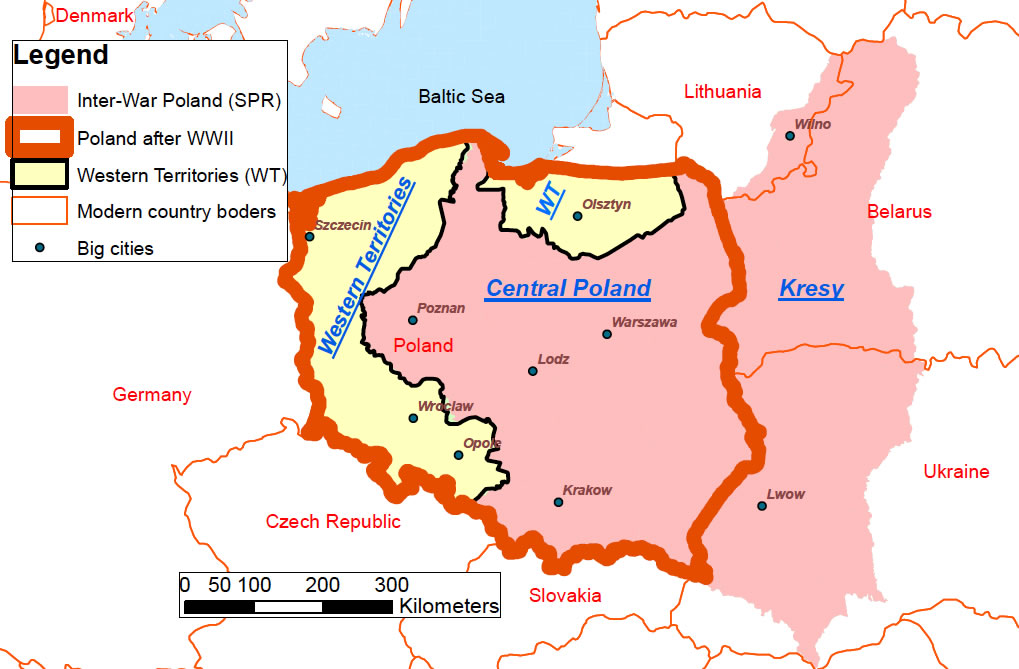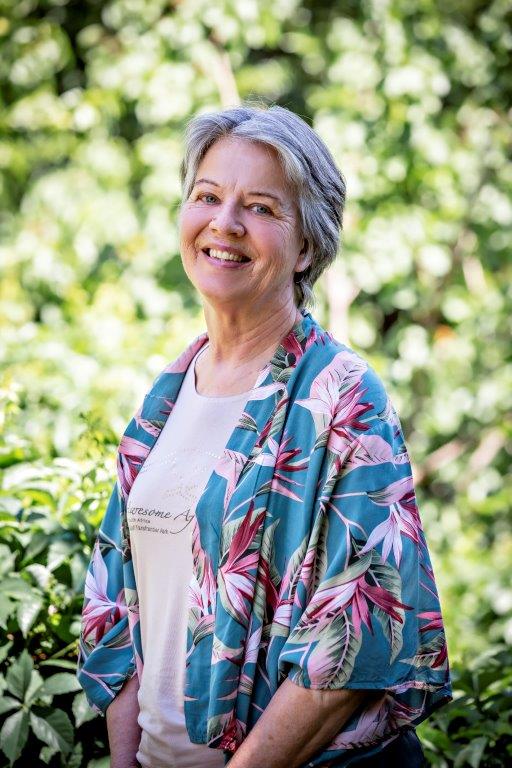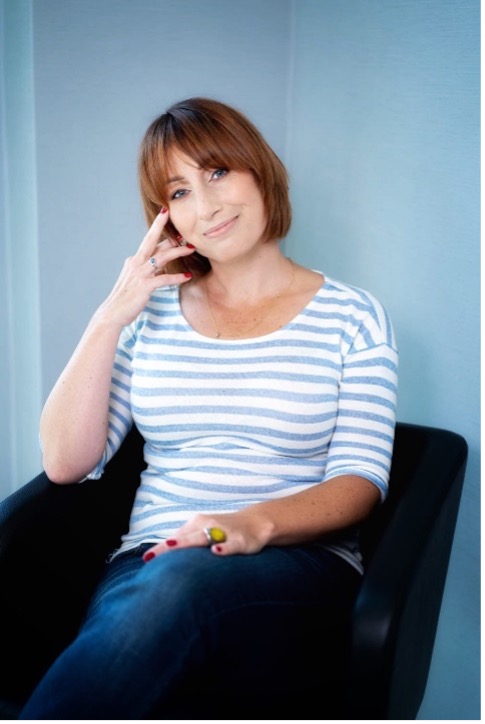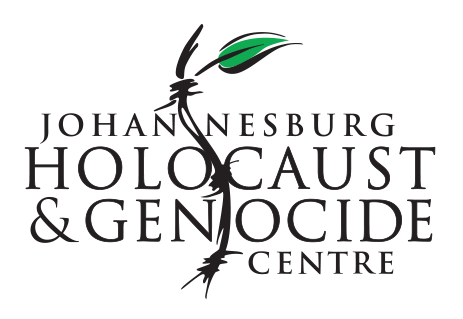Event Details
During and after WWII, Russia forcibly uprooted millions of Poles from the Kresy of eastern Poland. Those Kresovians who survived the deportations to Siberia were scattered around the globe. In South Africa, 500 children and their caregivers found safety and refuge in Oudtshoorn. These Polish children of Oudtshoorn went on to form the core of the Polish community in South Africa. Listen to Dr Wanda Chunnett and Dr Marta Nowakowska discuss these refugees re-establishing their identity in a new country.


Characteristics of Polish Refugee Entrepreneurs who Established Sustainable Businesses in South Africa
Wanda’s presentation provides a contribution to the debate on the value that is created by migrant entrepreneurs in developing economies and answers the question as to what these countries can do to leverage sustainable growth opportunities from resource constrained, involuntary migrant entrepreneurs. Wanda investigated three migrant groups to South Africa, namely, Rwandese, Chinese and Polish migrants. Wanda seeks to take the involuntary migrant debate beyond the “refugee as burden” paradigm, by focusing on a theoretical proposition that the legal, knowledge, language and economic capital gained by constrained migrant entrepreneurs gives them a competitive advantage when establishing small businesses. The entrepreneurial spirit of a group of Polish orphans that was involuntarily transported to South and Southern Africa during WWII, allowed them to establish a locus of power in their host country, augmented by additional “migration capital”. The presentation considers the benefit that can be realised by host country, in this case South Africa, where the process driver remains the migrant entrepreneur, eager to become established in a new country and achieve their long-term vision, including re-establishing their identity.
Wanda Chunnett is a business practitioner with a passion for the development of small businesses as a route to long term economic sustainability. The daughter of a displaced migrant, her Doctoral thesis focused on providing insight into how these migrants add value to their host countries, providing a counterpoint to the often-prevalent view of “migrant as burden.

Managing Cultural Heritage. An introduction to the identity of Kresovians/Borderlanders of inter-war Poland
Involuntary migrants occupy a special place in the landscape of many modern states. Despite the diverse national cultures surrounding them – they strive to preserve their own identity. They are often united by multi-generational cooperation, coexistence and a system of values. Awareness of cultural identity is associated with a sense of belonging to one’s own community, with identification with that community with its specific culture and shared history, with a particular territory that one inhabits together, at the same time as a sense of apparent distinctiveness to other groups. Marta will address the issue of Borderland/Kresy identity. The Borderlands/Kresy are a Polish place of memory, vividly pulsating, full of individual emotions, and at the same time, a myth-making message. The longing for the lost homeland triggers unique memories, inscribing them into the cultural memory of successive generations of Poles. How do the generations of the South African Siberians remember the Borderlands/Kresy? How does the memory of the Borderlands/Kresy shape generations of Poles living outside their homeland? What is the concept of double identity? How should we think about our homeland? Marta’s presentation aims to answer these and other questions.
Marta Nowakowska is an assistant professor at the Department of Management, Wrocław University of Science and Technology. Her scientific background is an MA and PhD in Anthropology of Culture. She is interested in the subject of cultural heritage, identity and memories, and cultural risk analysis. In her profession, she addresses the topic of the training methods to minimise cultural errors.
Register for the event online.

